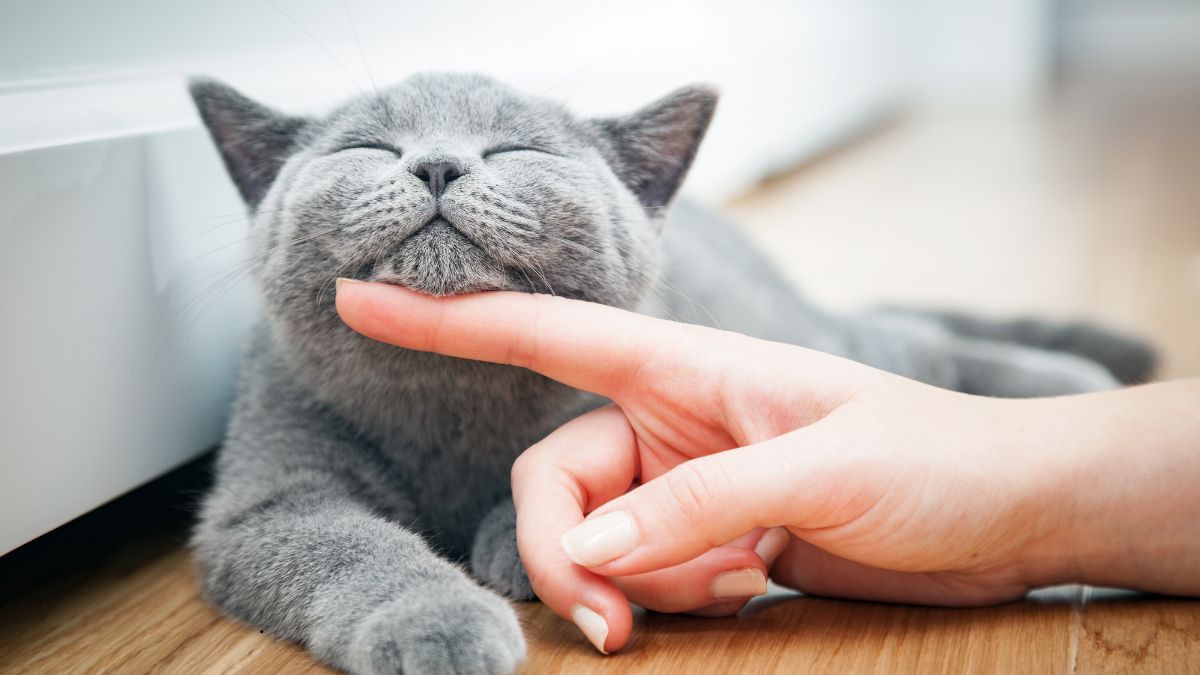
As temperatures drop and winter settles in, many cat owners notice their feline companions looking a little rounder. But is seasonal weight gain in cats real, or just coincidence? Research and firsthand observations suggest it’s not your imagination — cats, much like other animals, do tend to put on a bit of extra weight during the colder months.
Why cats gain weight in winter
1. Less activity:
Shorter daylight hours and colder weather often lead to decreased activity. Indoor cats, in particular, may prefer curling up in warm spots rather than playing or exploring, naturally burning fewer calories.
2. Instinctive changes:
In the wild, cats would instinctively eat more and conserve energy to survive harsher conditions when food becomes scarce. Domestic cats still retain this instinct, even when they are well-fed and living comfortably indoors.
3. Owner habits:
Owners may also unknowingly contribute to winter weight gain by offering extra treats or heartier meals, feeling the urge to comfort their pets during the colder months.
How to manage your cat’s winter weight gain
While a small amount of seasonal weight gain isn’t unusual, it’s important to monitor your cat’s body condition. Extra weight can increase the risk of serious health issues like diabetes, arthritis, and heart disease.
Here are some simple ways to help:
-
Encourage daily indoor play sessions to keep your cat active.
-
Regulate portion sizes and avoid overfeeding.
-
Offer stimulating toys or puzzle feeders to keep your cat engaged and moving.
-
Consult your vet if you’re concerned about significant or sudden weight changes.
Final thoughts
Yes, it is common for cats to gain a little weight in winter. But with a mindful approach to diet, activity, and attention, you can help your feline friend stay happy, healthy, and fit year-round.
Are you concerned about your cat’s winter weight? It might be a good time for a health check-in and a new play routine.

